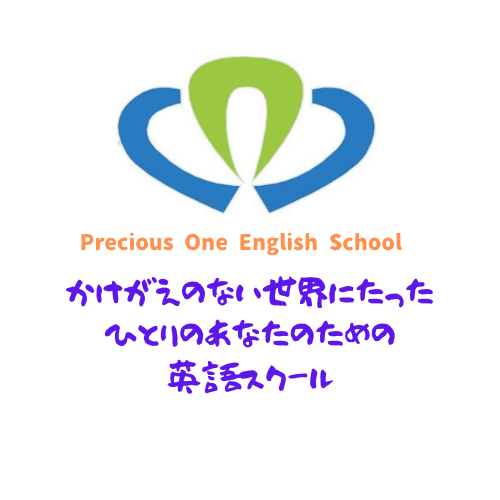John
My Japanese wife was born in Manchuria, just north of what is now North Korea, at a time when Japan claimed that area to be a part of Japan. Her father, originally from Chiba, Japan, was a civilian Radio Engineer with the Japanese Imperial Army.
At the end of World War II, the USA and Russia agreed to split control of the Japanese-occupied area of Northeast Asia in order to quickly disarm the residual Japanese forces there. The Russian zone included Manchuria and Korea north of the 38th parallel; the USA zone was Korea south of the 38th parallel, and the main military force was (and is today) the US Eighth Army. That division still exists today: North and South Korea. The ensuing Korean War (technically never terminated) was unfortunately enabled by this USA-Russian agreement.
The Chinese would be happy to see the U.S. Eighth Army kicked out of South Korea. It would then be likely that the ensuing war between the Koreas would end in forced unification under North Korean leadership.
When the Russian Army took control of Manchuria, my wife’s father became a Radio Engineer for the Russian Army. That allowed the family to stay together and survive, except for my wife’s brother. He had been conscripted into the Japanese Imperial Army, and as a result he was sent to Siberia as a prisoner of war (POW). Incredibly, he was eventually released and made his way back to Japan. He never spoke to anyone about his treatment as a POW.
The Russians relocated my wife’s family to Pyongyang, now the capital of North Korea. Her father continued as a civilian Radio Engineer for the Russian Army. As a Japanese teenager, my wife experienced repeated physical and psychological assaults by many Korean people. She would never talk about it, but for the rest of her life she expressed extreme hatred of Korean people: North or South, male or female, young or old.
Just before the Korean War began, the Russian Army pulled out of North Korea and my wife’s family somehow managed to return to Japan from North Korea. Years later when we were finally ready to get married, my wife-to-be’s father told her he would not have a foreigner in his family, probably based on his experiences with Koreans and Russians. We did get married, but afterward she only saw her father one more time – on his death bed. The good news is her brother and sisters were supportive of our marriage and attended our wedding reception (because of the U.S./Japan Status of Forces Agreement (SOFA) we had to be married at the U.S. Embassy in Tokyo).
In January 1968 the USS Pueblo was attacked and boarded in international waters of the Sea of Japan near North Korea by elements of the North Korean Navy. A number of Pueblo crew members were killed in the attack; the rest were taken prisoner and held for almost a year before being released and returned to the USA. My ship participated in group training to attack Wonsan Harbor and tow the Pueblo to sea. The plan was abandoned, and to this day no meaningful retaliation has ever been taken against the perpetrators for this “Pueblo Crisis”. So North Korea still has control of a U.S. Navy ship.
Sometime later the North Koreans shot down an unarmed U.S. Navy EC-121 aircraft in international airspace near where USS Pueblo had been attacked. All crew members died in the shoot down. That garnered the same USA response: None.
During and after the Vietnam War, I served on several U.S. Navy ships and staffs homeported at Yokosuka, Japan. We began to work not only with the Japanese Maritime Self Defense Force (JMSDF), but also the Republic of Korea Navy (ROK Navy). I developed professional and personal relationships with officers in both navies, including going to sea in their ships, and having them go to sea in U.S. Navy ships.
On one occasion, amazingly the ROK Navy had gained permission from Japan for my ship to bring one of their officers to Japan for some special training. I explained to my wife that she needed to help on the social side at Yokosuka. She did, but didn’t like it, to say the least. We call that “being a good soldier”: sometimes doing your duty is no fun.
On the lighter side, I received a lesson in differences between the South Korean capitol Seoul and the Japanese capitol Tokyo. In Tokyo when I accidently go too far on a train, I simply get off and walk across the platform to back track on the next train going in the opposite direction. In Seoul, to my surprise, when I accidently went too far on the train, at the next stop I discovered that there was no connection between the opposing platforms. I had to go out of the station, find an entry to the other side, and pay again for the pleasure.















コメントを投稿するにはログインしてください。